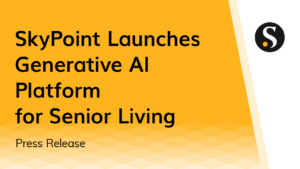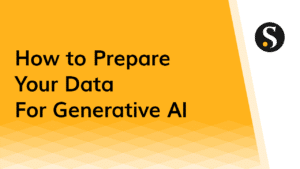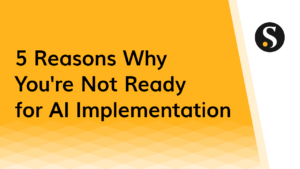
- Industries
Industries We Serve
Transform siloed data into actionable intelligence. Skypoint’s AI Platform accelerates data-centric AI initiatives for regulated industries, so you see results in weeks, not months.
- Use Cases
Data, BI, and AI Use Cases
Quickly access quality data, business intelligence, analytics, and automation through Skypoint’s industry-tailored platform infrastructure.
- AI Platform
The Skypoint AI Platform
Our secure AI Platform for regulated industries helps you unify your data, uncover insights, and optimize productivity.
- Resources
Data and AI Resources
Learn AI and BI strategies and techniques from our data solutions experts.
Training and Events
Resources
- About
Who We Are
Our team of AI and BI experts helps healthcare, public sector, and financial services organizations solve operational inefficiencies and enhance productivity through unified data and industry-specific compound AI systems.
About Skypoint
Contact












